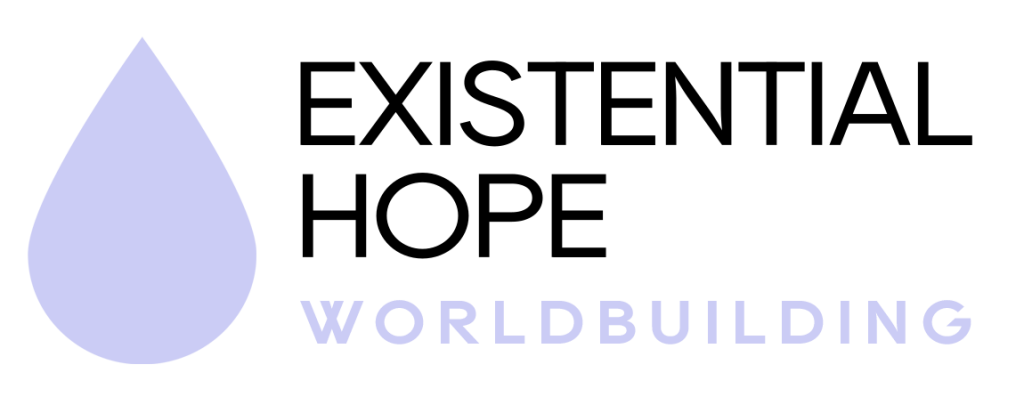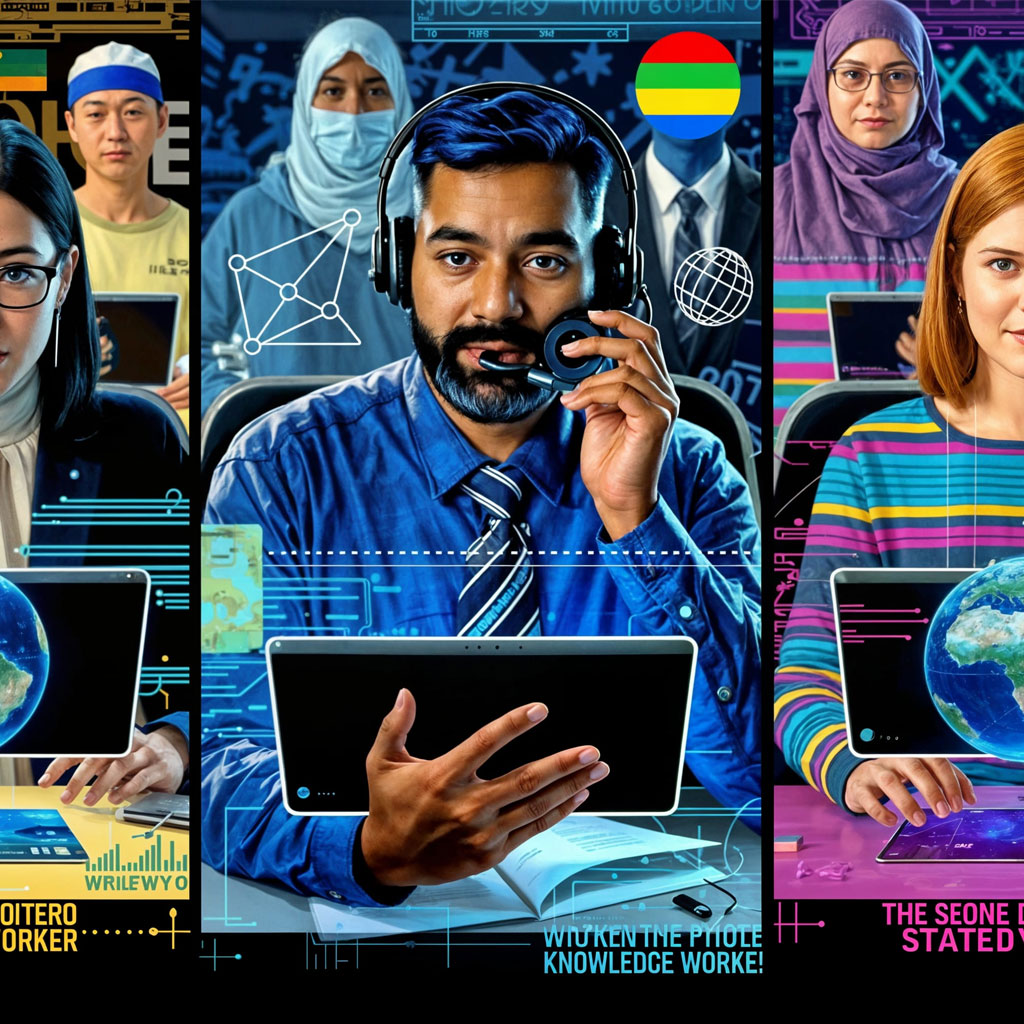
La langue de la prévoyance
Creator Information
Name:
Role:
Social Media/Website:

🌍 World Summary
Vision Statement
In 2035 a new type of polyglotism to emerges. All knowledge workers can work in multiple languages, including those they may not speak fluently. This change made use of advancements in social technologies that are redefining cooperation and governance, and advancements in neurotechnologies that are aiming to make direct-brain communication possible. New social technologies can bridge cultural divides between collectivism and individualism using linguistic patterns and polyglotism.
🔬 Technology
Translation Language Models (TLMs)
This multipurpose tool uses optimized text-recognition and widely sourced, citizen owned training databases for rapid translation to increase understanding between languages (between English and French speakers) and within languages (reducing barriers presented by dialects or technical jargon).
What kind of AI exists in your world?
Tool AI is most widely available and in-demand for TLMs by 2035. However, interests of techno-billionaires and transhumanists are driving investment in Replacement AGI and realization of BCIs. BCIs, or neural implants are created by private, for-profit companies for those who can finance the development.
Nonetheless, Decentralized Autonomous Organizations (DAOs) ensure open access to TLM documentation and training data so that communities drive decision-making on model adaptations.
New or Reformed Institution
Open source requirements and public documentation of TLM training are essential for democratizing and equitizing access for knowledge workers. Open innovation platforms source community feedback to further transparency and interoperability. Community feedback is critical for overcoming growing barriers to access and participation of marginalized groups, as well as to preserve a variety of old and new languages.
Transformed Sector
Reduced language barriers and improved understanding of linguistic patterns democratize systems for knowledge economy workers and businesses. Service industries, social services, and civic systems are the first to embrace the use of TLMs. This undeniably improves global collaboration, cultural sensitivity, and cultural exchange. Inclusive governance of environmental issues, resource extraction, emergency response are unlocked, as is systemic transparency and accountability.
A Major Crisis Overcome
In 2030, automation had significantly disrupted knowledge work and unemployment rate reached global peaks. Polyglotism became a highly sought after trait as knowledge workers migrated for work. A polyglot can work anywhere in the world, on almost any team. The onset of TLMs granted access to knowledge work for those previously shut-out. TLMs helped over come the ableism that kept individuals with speech and hearing impairments, learning disabilities, or auditory processing disorders out of work.